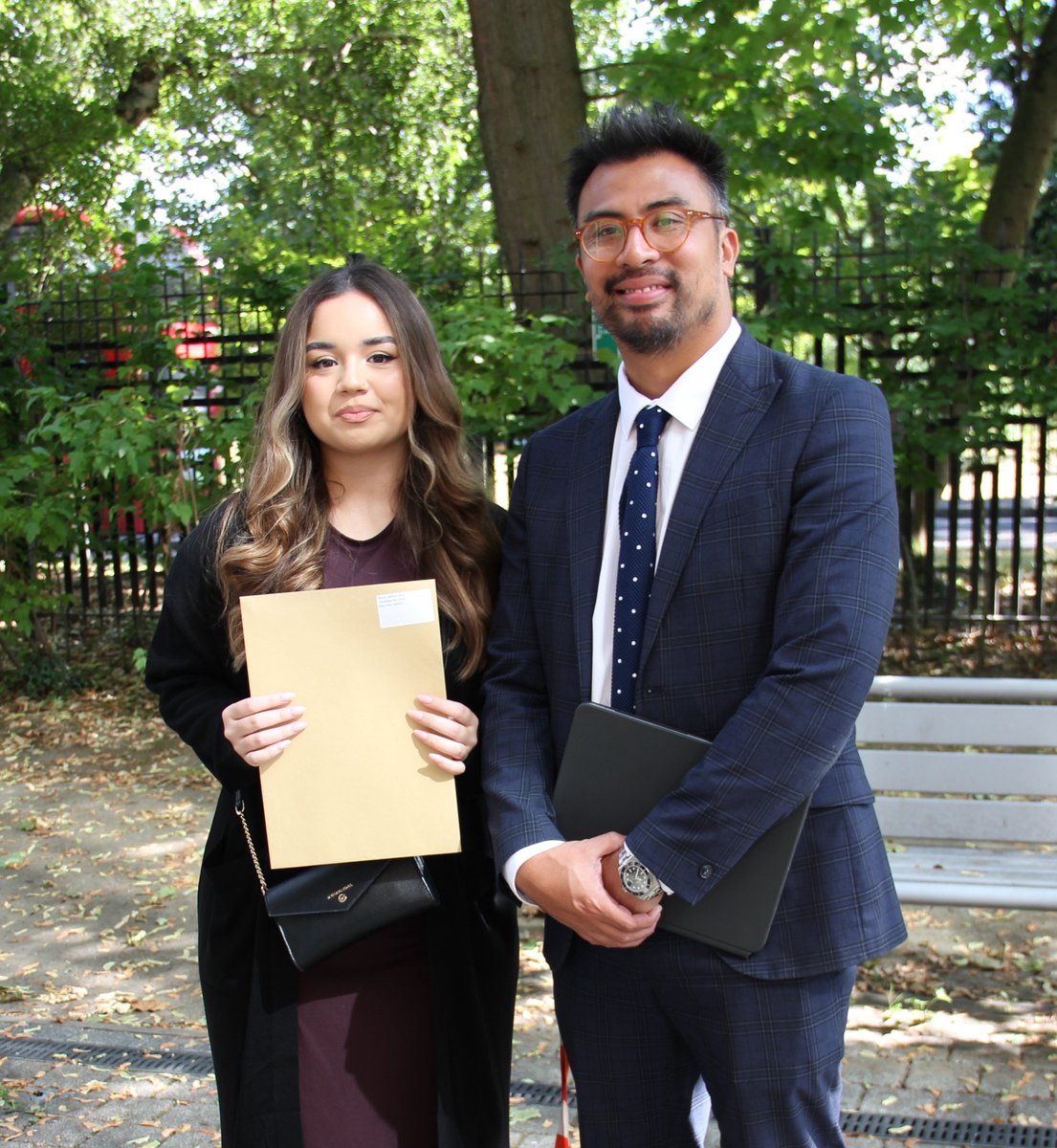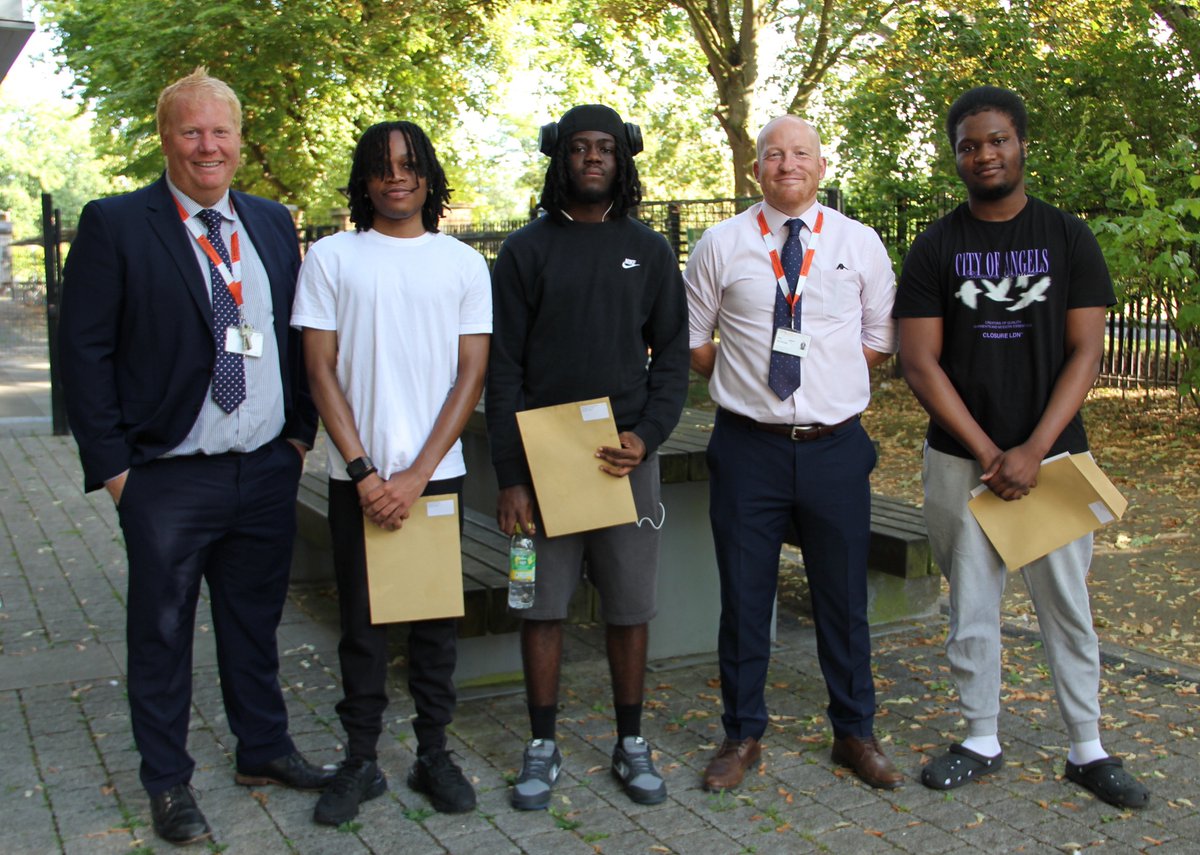History
Our History curriculum aims to develop global citizens through building critical thinking skills, exploring and being exposed to diverse histories, independent thought, reasoned debate and deeper understanding of historical literacy.
Curriculum plans for all year groups can be downloaded from the bottom of the page.
Our curriculum is designed to build and deepen knowledge and skills which students have begun to learn through the Key Stage 2 History National Curriculum such as understanding change and continuity or significance.
Our curriculum intent in History is to develop students' understanding of the modern world, the society in which they live, the rights that they have and the role they have in the future development of society, in order to produce well-rounded global citizens. This is achieved through the lens and specific teaching of:
- Democracy
- Empire
- Civil rights
- Power and protest
- Persecution
- Conflict
- International relations
To enable society to understand the society of the past and to increase its mastery over the society of the present is the dual function of history.” Edward Hallett Carr
History is a vast subject with many subjects to study. Our history team has spent time and effort, used current research from the latest Ofsted Subject Review, the Educational Endowment Foundation, the Historical Association and the National Curriculum to develop and deliver a bespoke curriculum that serves our students.
Our Key Stage 3 curriculum takes students on a chronological journey starting with Roman Britain and ending with the teaching of post-war Britain and conflicts post World War II in Year 9. At Key Stages 4 and 5, our units have been specifically chosen to give students the best opportunity to succeed, expand their horizons and deliver knowledge and skills that students can use in the wider world.
Key Stage 5 History at HBAED builds on all the knowledge and skills students have gained in their Key Stage 3 and Key Stage 4 programmes of study. Students study two units based on Communism, specifically in the USSR and China. Students are able to weave together their contextual understanding of both topics to gain a greater depth. These units are popular in the A Level syllabus as they contain interesting individual characters as well as exciting themes which build on prior knowledge. For example, an understanding of conflict, international relations and democracy are all vital to be able to understand these periods.

From Key Stage 3 to Key Stage 5, all students will develop a deep understanding of:
- Key historical skills such as cause and consequences, significance, similarity and difference, change and continuity, evidence and interpretation.
- Contextualised curriculum through the study of female history, Islamic and African empires, the development of democracy and the history of migration to the UK.
- The development of civil and political rights in the UK.
- A broad and deep scheme of work on the Holocaust.
- Study of global history.
- Study of local history.
History is not the past but a map of the past, drawn from a particular point of view, to be useful to the modern traveller.” Henry Glassie, US historian
The History curriculum is essential for developing key lifelong skills of analysis and evaluation as well as teaching fundamental knowledge that everyone should know. It gives students not only academic success in a rigorous subject but also the foundation of Active Citizenship values which combine to develop the Master Key to their future.
For more information on the History curriculum please contact subject leader Joe Barnes j.barnes@harrisdulwichboys.org.uk
Helpful resources
Click HERE to see past papers and further revision resources for History and other subjects.
Websites
Oak National Academy - Key Stage 4, History, Weimar and Nazi Germany, 1919-1939
Careers
Why study History at GCSE or A Level?
Colleges, universities and employers all hold History in high respect.
It is a ‘hard’ subject using key skills including use of evidence to structure an argument and present a case; communication; analysis and evaluation; ability to debate; carrying out enquiry and investigation; independent critical thinking and reasoning; the craft of writing.
The study of History can open up a world of possibilities. As History enables you to develop many transferrable skills, universities and employers look incredibly favourably upon applicants with good qualifications.
Careers and History
GCSE, A level and degree qualifications in History are highly valued by employers.
Whilst there are many specialist jobs that require History, employers from many different sectors value the transferrable skills that successful study in history demonstrates. Indeed, History graduates from top universities are in high demand.
Below are some examples of careers that History can help you enter:
- Legal work (lawyer, solicitor)
- Professional services (accountancy, banking, tax, consultancy)
- Corporate business (large companies , e.g. M&S, Unilever, Cadburys)
- Journalism and other media work
- Government/public sector (civil service, administration, local government, NHS, police, armed forced)
- Teaching
- Academia (PhDs, lecturing, research work)
- Librarian, archivist, archaeologist























